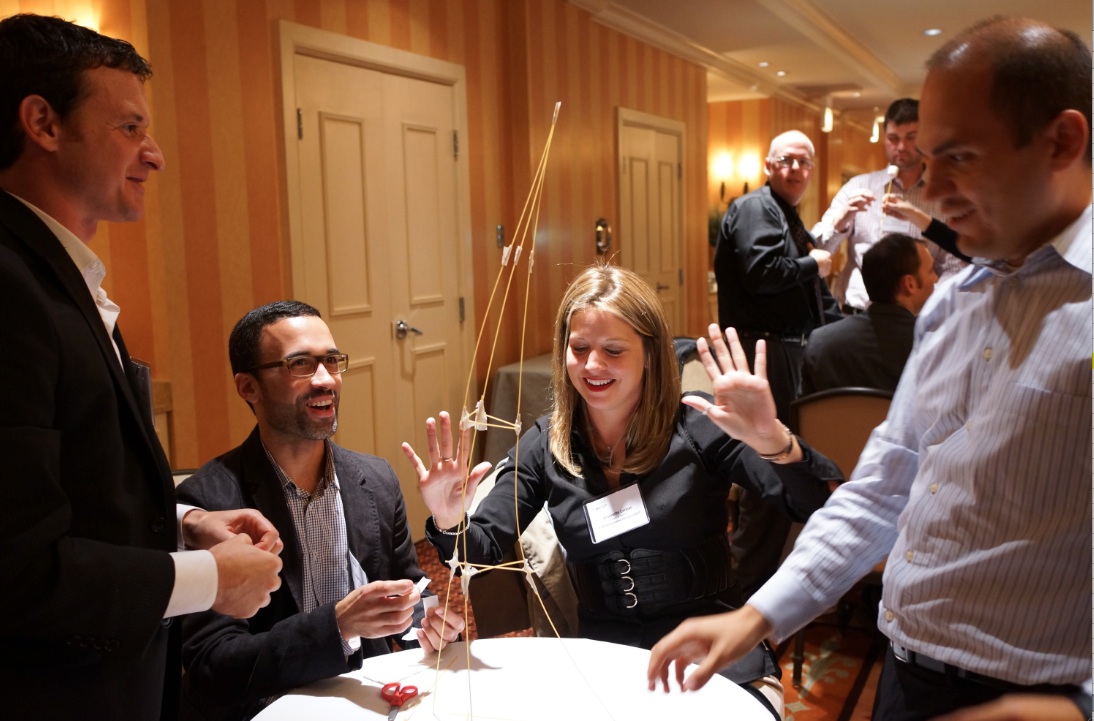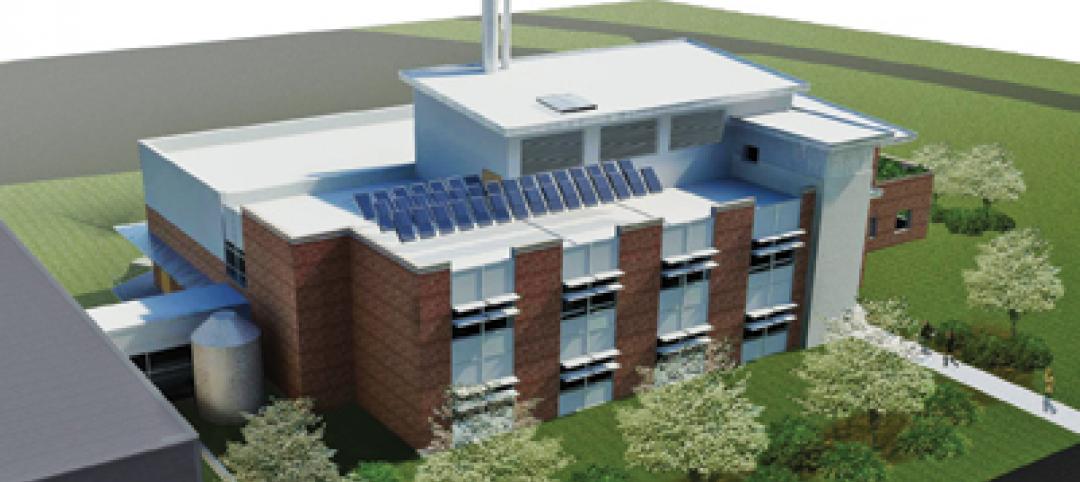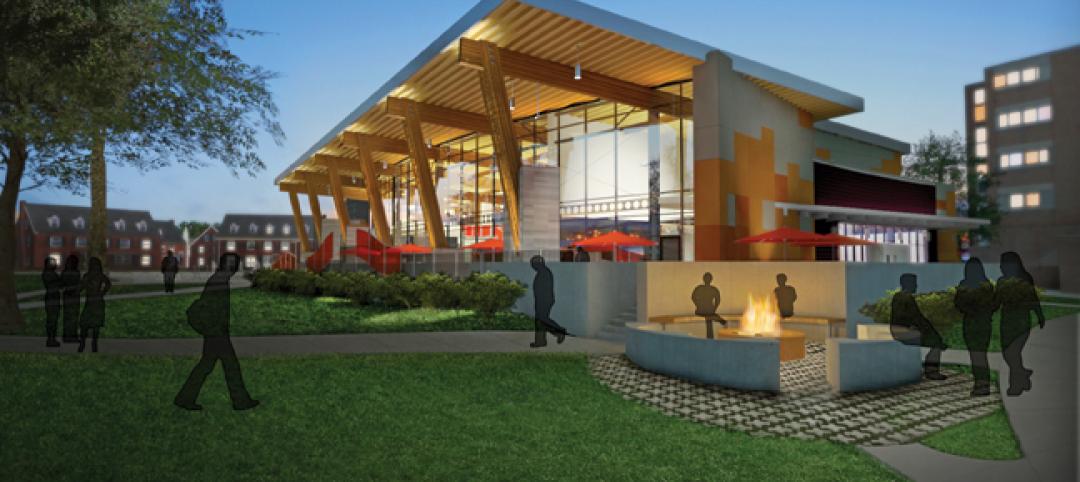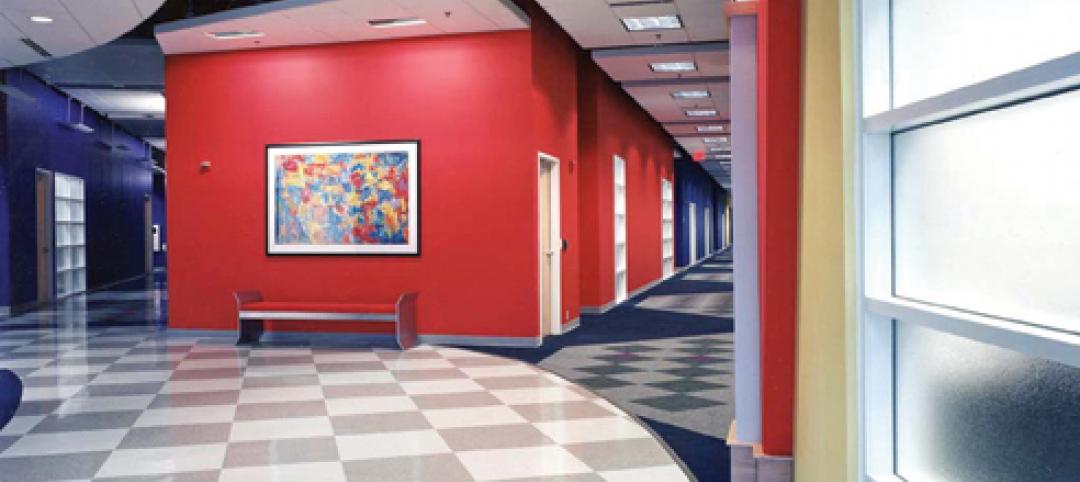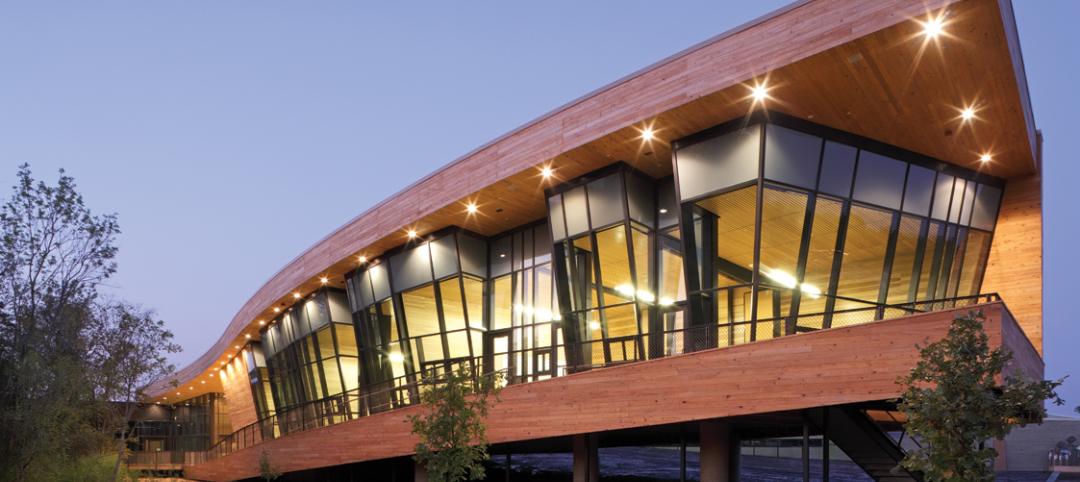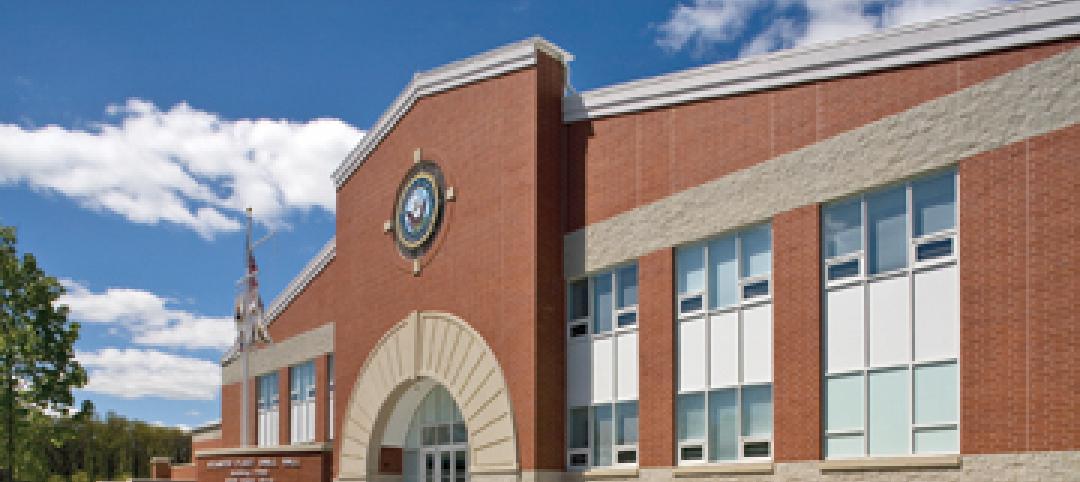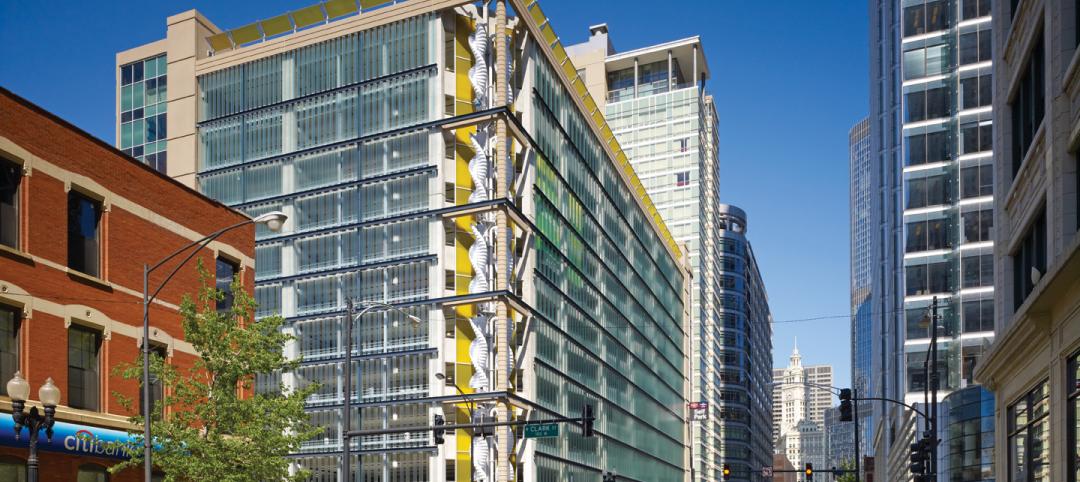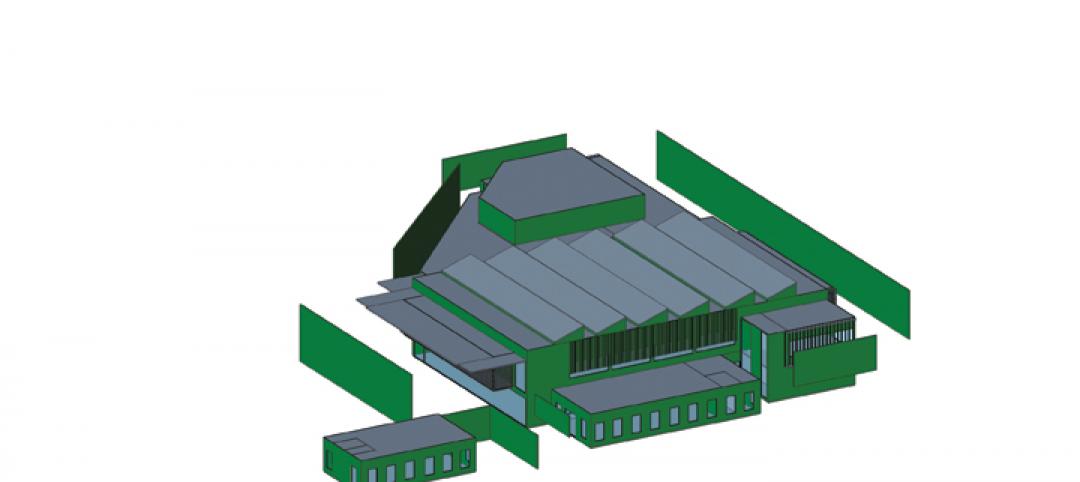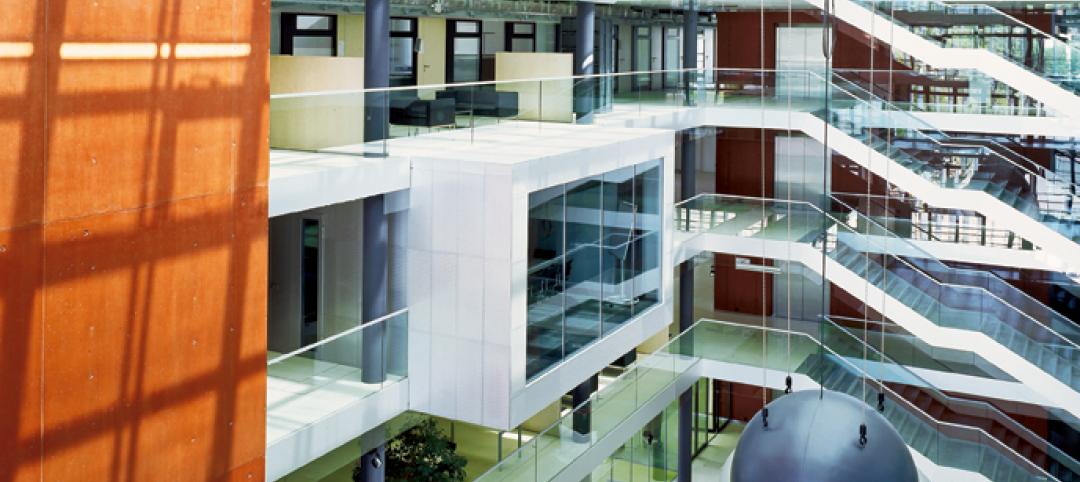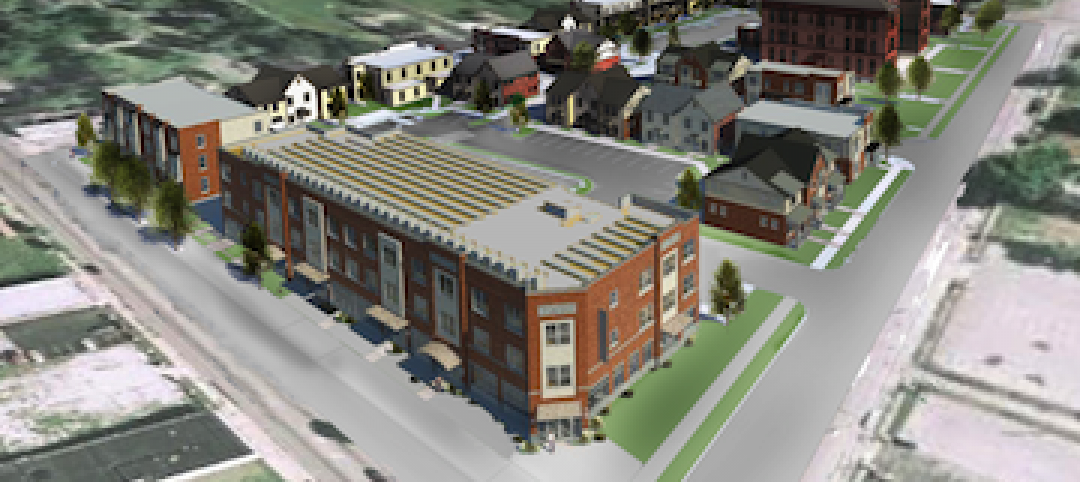There's still time to register for our 3rd Annual Under 40 Leadership Summit, October 9-11 in San Francisco.
The list of AEC firms participating in this year's event continues to grow. The following companies are sending at least one of their rising stars to the Summit (many are sending multiple people):
Autodesk
Balfour Beatty
CTA Inc.
Esken + Dumez + Ripple
Gensler
HDR
Hill International
HMC Architects
hnedak bobo group
Jacobs Global Buildings
JE Dunn
KLMK Group
Level 10 Construction
Manhattan Construction
Martin/Martin
NTD
PHX Architecture
SmithGroupJJR
Southland Industries
SSOE Group
Stantec
Swinerton
Teabuild
Walter P Moore
If you know of up-and-coming leaders at your firm, please pass the U40 Leadership Summit registration link on: http://www.bdcnetwork.com/Under40Summit/index.html.
Attendees can earn up to 10.5 AIA CES Learning Units and participate in exclusive tours of Autodesk Gallery and the Mission Bay/UCSF Science & Technology-Healthcare-Mixed Use District.
PLUS, the Summit’s Vision U40 Competition, to be facilitated by Autodesk Fellow Tom Wujec (see his video at www.BDCnetwork.com/under40summit), will group Summiteers into teams to develop advanced concepts to solve major societal and global problems in eight categories: Access + Mobility, Aesthetics + Beauty, Climate Change + Environment, Food Equity, Human Health + Performance, Human Spirit + Quality of Life, Social Justice, and Technological Innovation. The winning team will share the $3,000 Vision U40 Prize and four runner-up teams will each share $500.
For the special rate of $195, register by September 27 (using code U40SF) at www.BDCnetwork.com/under40summit.
Related Stories
| Nov 3, 2010
Virginia biofuel research center moving along
The Sustainable Energy Technology Center has broken ground in October on the Danville, Va., campus of the Institute for Advanced Learning and Research. The 25,000-sf facility will be used to develop enhanced bio-based fuels, and will house research laboratories, support labs, graduate student research space, and faculty offices. Rainwater harvesting, a vegetated roof, low-VOC and recycled materials, photovoltaic panels, high-efficiency plumbing fixtures and water-saving systems, and LED light fixtures will be deployed. Dewberry served as lead architect, with Lord Aeck & Sargent serving as laboratory designer and sustainability consultant. Perigon Engineering consulted on high-bay process labs. New Atlantic Contracting is building the facility.
| Nov 3, 2010
Dining center cooks up LEED Platinum rating
Students at Bowling Green State University in Ohio will be eating in a new LEED Platinum multiuse dining center next fall. The 30,000-sf McDonald Dining Center will have a 700-seat main dining room, a quick-service restaurant, retail space, and multiple areas for students to gather inside and out, including a fire pit and several patios—one of them on the rooftop.
| Nov 2, 2010
11 Tips for Breathing New Life into Old Office Spaces
A slowdown in new construction has firms focusing on office reconstruction and interior renovations. Three experts from Hixson Architecture Engineering Interiors offer 11 tips for office renovation success. Tip #1: Check the landscaping.
| Nov 2, 2010
Cypress Siding Helps Nature Center Look its Part
The Trinity River Audubon Center, which sits within a 6,000-acre forest just outside Dallas, utilizes sustainable materials that help the $12.5 million nature center fit its wooded setting and put it on a path to earning LEED Gold.
| Nov 2, 2010
A Look Back at the Navy’s First LEED Gold
Building Design+Construction takes a retrospective tour of a pace-setting LEED project.
| Nov 2, 2010
Wind Power, Windy City-style
Building-integrated wind turbines lend a futuristic look to a parking structure in Chicago’s trendy River North neighborhood. Only time will tell how much power the wind devices will generate.
| Nov 2, 2010
Energy Analysis No Longer a Luxury
Back in the halcyon days of 2006, energy analysis of building design and performance was a luxury. Sure, many forward-thinking AEC firms ran their designs through services such as Autodesk’s Green Building Studio and IES’s Virtual Environment, and some facility managers used Honeywell’s Energy Manager and other monitoring software. Today, however, knowing exactly how much energy your building will produce and use is survival of the fittest as energy costs and green design requirements demand precision.
| Nov 2, 2010
Yudelson: ‘If It Doesn’t Perform, It Can’t Be Green’
Jerry Yudelson, prolific author and veteran green building expert, challenges Building Teams to think big when it comes to controlling energy use and reducing carbon emissions in buildings.
| Nov 2, 2010
Historic changes to commercial building energy codes drive energy efficiency, emissions reductions
Revisions to the commercial section of the 2012 International Energy Conservation Code (IECC) represent the largest single-step efficiency increase in the history of the national, model energy. The changes mean that new and renovated buildings constructed in jurisdictions that follow the 2012 IECC will use 30% less energy than those built to current standards.
| Nov 1, 2010
Sustainable, mixed-income housing to revitalize community
The $41 million Arlington Grove mixed-use development in St. Louis is viewed as a major step in revitalizing the community. Developed by McCormack Baron Salazar with KAI Design & Build (architect, MEP, GC), the project will add 112 new and renovated mixed-income rental units (market rate, low-income, and public housing) totaling 162,000 sf, plus 5,000 sf of commercial/retail space.


